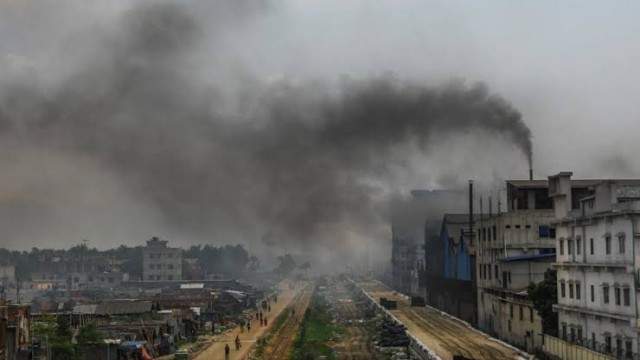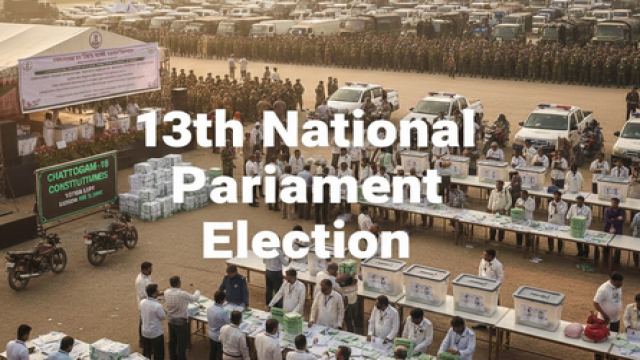On Friday morning, Dhaka's air quality is still "very unhealthy”
The air quality in Dhaka remained in the "very unhealthy" category on Friday, December 29th.
At 8:14 a.m., the megacity came in second on the list of cities in the world with the poorest air quality, with an air quality index (AQI) score of 260.
A rating of 201 to 300 on the AQI is deemed "very unhealthy," and one between 301 and 400 is deemed "hazardous," presenting major health hazards to locals.
With AQIs of 264 and 234, respectively, Wuhan, China, and Delhi, India, took top and third place.
AQIs between 100 and 150 are unhealthy for sensitive groups, and those between 151 and 200 are deemed "unhealthy."
Five criterion pollutants are used to calculate the air quality index (AQI) in Bangladesh: particulate matter (PM10 and PM2.5), NO2, CO, SO2, and ozone.
Air pollution has always been a problem in Dhaka. Usually, the winter months bring on unhealthy air quality, which then improves during the monsoon.
One of the major global risk factors for death and disability is air pollution, as studies have shown time and again. Numerous studies have established a link between breathing dirty air and an increased risk of lung infections, cancer, chronic respiratory disorders, and heart attacks.
The World Health Organisation (WHO) estimates that air pollution kills seven million people annually globally, mostly due to higher rates of stroke, heart disease, lung cancer, chronic obstructive pulmonary disease, and acute respiratory infections.































Comment: